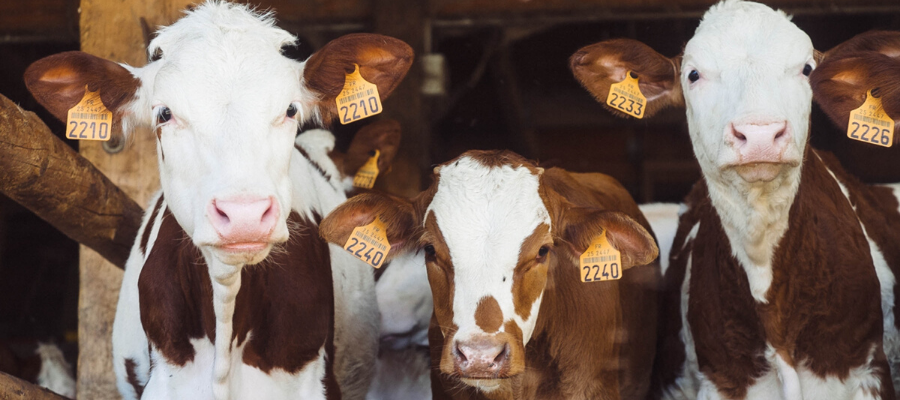The Environment and Global Justice
Sep 28, 2004Our current way of life is unsustainable. Depletion of the ozone layer, the dwindling of the rain forest, the loss of animal habi...

From Peter Singer's Animal Liberation to arguments offered by the ancient Greeks and Hindus, many philosophers and environmentalists have made convincing cases against the practice of eating meat. But could there be a moral case in favor of it?
One animal welfare advocate offers that eating meat gives animals a life worth living. By eating meat, in essence, humans create lives of worth and purpose, since most farm animals wouldn't be alive if there weren't a demand for their meat in the first place. But as the author points out, note that this position, that "a life worth living is better than no life at all," is difficult to justify when applied to humans. For example, consider the prospect of raising children to produce organs and reallocate them to other people: wouldn't we consider this form of "creating lives worth living" unethical?
For this reason dissatisfied with the above argument and a few others, author Nathanael Johnson tries to explain then why very convincing arguments for veganism or vegetarianism often fail to compel carnivores to change their ways. He asks, is vegetarianism too absolutist or binary to convince meat eaters to convert? Finding an example in religion, Johnson observes that veganism and religion set "standards most people will never live up to." Thus, he concludes, we should set a good-or-evil view of meat aside and instead ensure that the living conditions of animals meet higher ethical standards.
But does the author's compromise go far enough? Is his argument for eating meat, even if chickens, let's say, get to live in pens better suited to their nature before they're slaughtered, clutching at straws? Tell us your thoughts and read more of the article here:
Comments (1)
Harold G. Neuman
Tuesday, October 24, 2017 -- 12:09 PM
Anthropologists seem to haveAnthropologists seem to have arrived at their own conclusions about whether our most direct ancestors (those of the hominid persuasion) ate meat. It appears that they did, and, probably lots of it when times were flush. To intone that they likely did not give much thought to diet might be presumptive. To further intone that they may not have given much thought about anything would conclude that they were little more than hairy apes. Well, there it is. We are free to conclude what we will. A meat(or largely meat) diet appears to have worked in the big picture of life on Earth. Mr. Johnson's conclusion seems sound to me. Lions and tigers and bears would agree, yes?